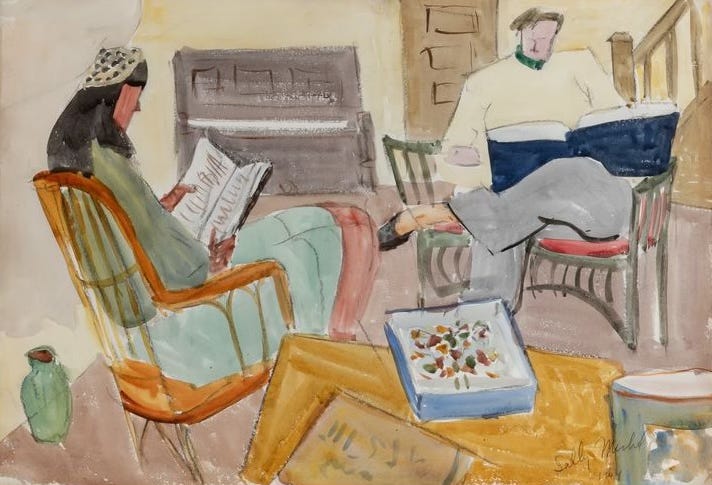A list of one's own
The conflict and contentment of compiling a year-end "best books" list
I love seeing end-of-year reading lists.
What did readers love best? What moved them? Which characters, which books, what language rattled or pleased or disrupted the equilibrium of their everyday literary lives? What are they saying about the castles of words these authors so laboriously built? What are they recommending? Who and what and where should I turn to read a story that will change my life?
Virginia Woolf said that reading is, at its core, a mere matter of knowing the alphabet—but “to read a book well, one should read it as if one were writing it. Begin not by sitting on the bench among the judges but by standing in the dock with the criminal. Be his fellow worker, become his accomplice. Even, if you wish merely to read books, begin by writing them.”1
For me, reading stems from a single, simple desire: I want to be among the books.
I don’t mean
Keep reading with a 7-day free trial
Subscribe to Girls on the Page to keep reading this post and get 7 days of free access to the full post archives.





